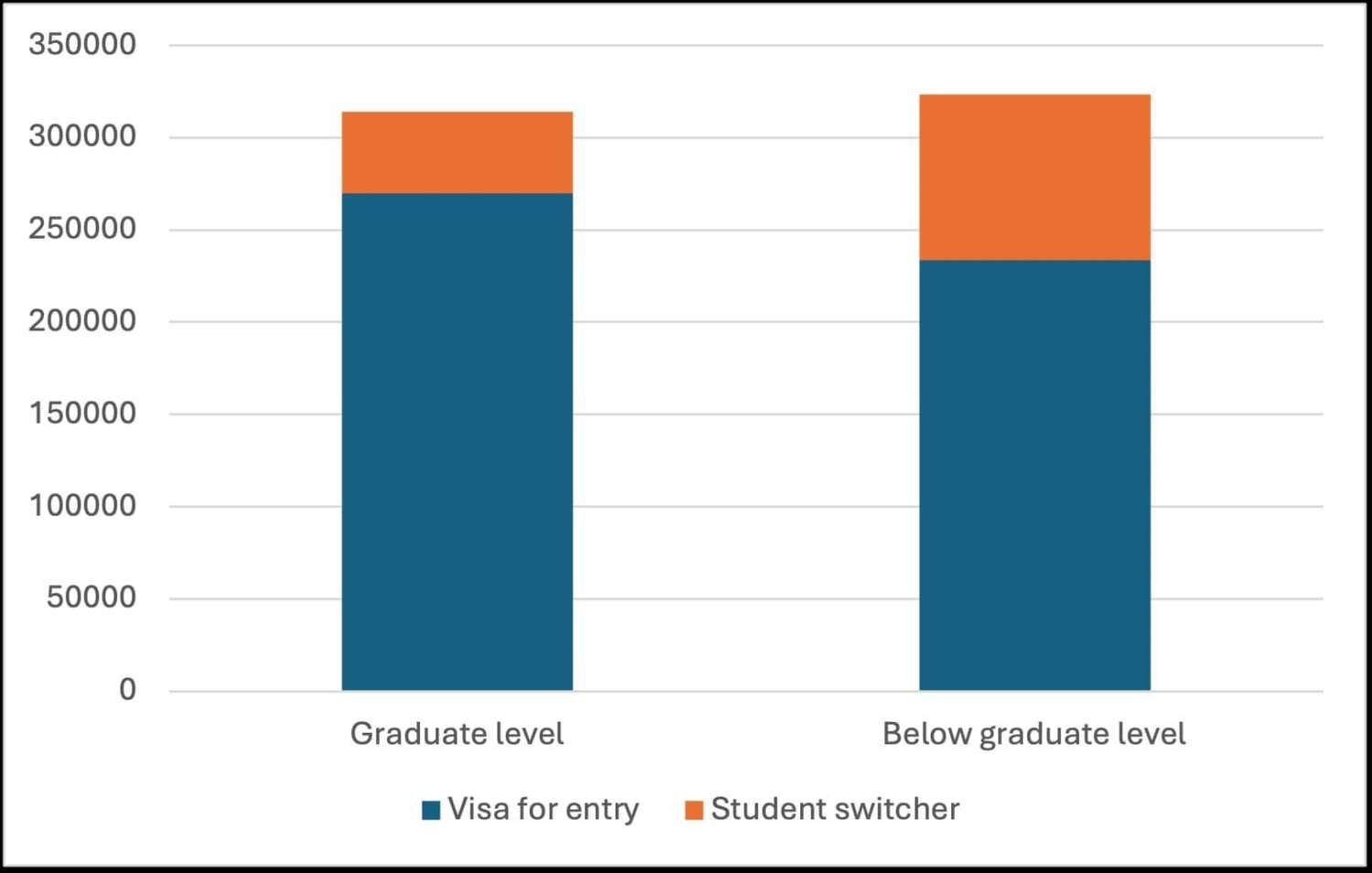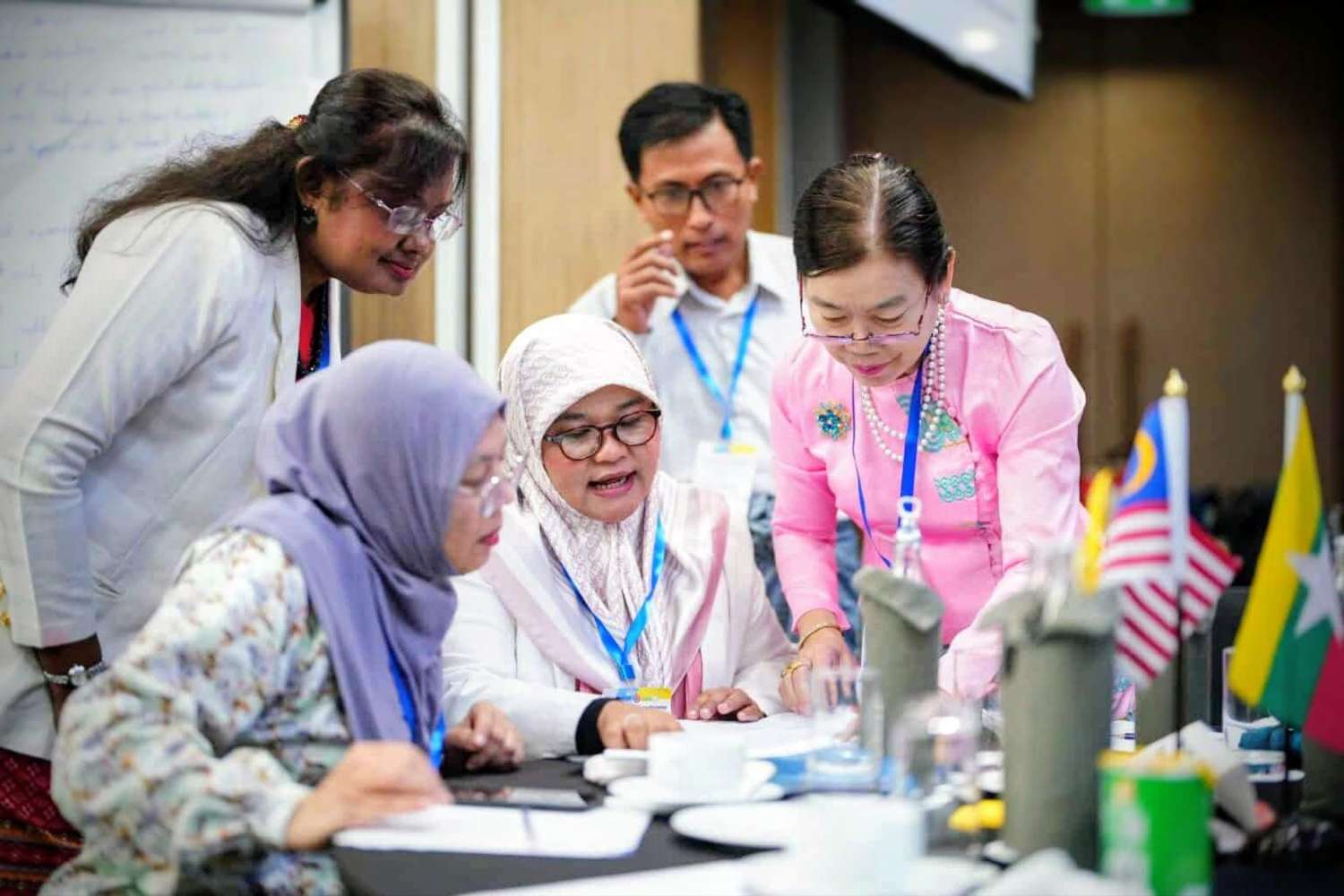Early findings indicate that a vaccination to protect against the winter vomiting bug norovirus elicits a "strong immune response," and it is scheduled to undergo a year-long, ground-breaking NHS trial.
It is believed that a successful norovirus vaccine—the first of its type in the world—will eventually ease the strain on the National Health Service (NHS), particularly in the winter months when infections tend to spike sharply.
The research project, funded by Moderna, is set to begin its final stages of testing and the vaccine manufacturer will be working with NHS organisations to recruit members of the public to test the new jab over the next year. The jab could be available to the public from 2026 depending on trial results.
The vaccine uses the same mRNA technology used to create Covid-19 jabs to tell the immune system to recognise a “foreign” protein on viruses and mount an attack, in this case targeting three major strains of norovirus. Results so far have shown it creates a “strong immune response”.
Norovirus causes around 12,000 hospital admissions each year, putting immense pressure on the NHS as well as disruption in schools and care homes.
From November 2023 to March 2024, an average of 500 patients a day were admitted to hospitals with vomiting and diarrhoea symptoms and figures for this year show norovirus levels in the community are more than double the five-year average for the season.
Health secretary Wes Streeting welcomed the vaccine trial, warning the bug causes a “huge” strain on health service and costs around £100m each year.
He said: “The UK is leading the way to develop a world-first vaccine for this vomiting bug, starting with this innovative vaccine trial delivered through the government-funded National Institute for Health and Care Research.
“Not only is this a huge vote of confidence in the UK’s life sciences sector, but a successful vaccine will help shift our health system away from sickness and towards prevention – reducing pressure on the NHS and keeping people well during the colder months.”
The Department for Health and Social Care is backing the trial partnership with pharma giant Moderna, the National Institute of Health and Care Research, and the UK Health Security Agency.
Dr Patrick Moore, co-director of Wessex Research Hubs and chief investigator of the trial in the UK, said: “Outbreaks of norovirus have huge consequences, both on our health systems and our economy. This innovative trial is crucial in helping us advance healthcare.”
The phase 3 trial, called the “Nova 30”’ trial, will look to recruit 2,500 participants this year and will be trialled across 27 NHS primary care, GP, and hospital sites.
Phase three trials are typically the final stage before a vaccine can be made available for public use. Before this happens, it will also have to receive approval from the Medicines and Healthcare products Regulation Agency (MHRA).
Researchers are calling for those in particularly vulnerable groups such as those between the ages of 60 and 80 who are more generally impacted by norovirus – half of the participants will be given a placebo jab.
Everyone in the trial will be followed up for around 25 months, and experts hope the results will show 65 per cent or higher efficacy for the jab.
Moderna will also analyse whether the vaccine should be used as a seasonal jab like the flu vaccine, or whether it could offer lifelong immunity.
Those leading the trial could not give definite timelines for when the jab could be used on the NHS. However, if all goes to plan and the vaccine is found to work then Moderna could make a market application from 2026. If it gets approval from the MHRA then the government’s joint committee on vaccinations and immunisations would then also have to recommend its use before it is rolled out on the NHS.
If the vaccine works in adults, the trial is then likely to be extended to children.
The US, Canada and Japan are also taking part in the study, with a possible extension to Australia. Overall, around 25,000 people are expected to be recruited globally.
Dr Melanie Ivarsson, chief development officer at Moderna, said: “We are delighted to bring this trial to the UK. By advancing our investigational mRNA norovirus vaccine into a pivotal phase 3 trial, we are one step closer to potentially providing a new tool to prevent infection from this highly contagious virus, which places a significant burden on health systems globally.”








.svg)



